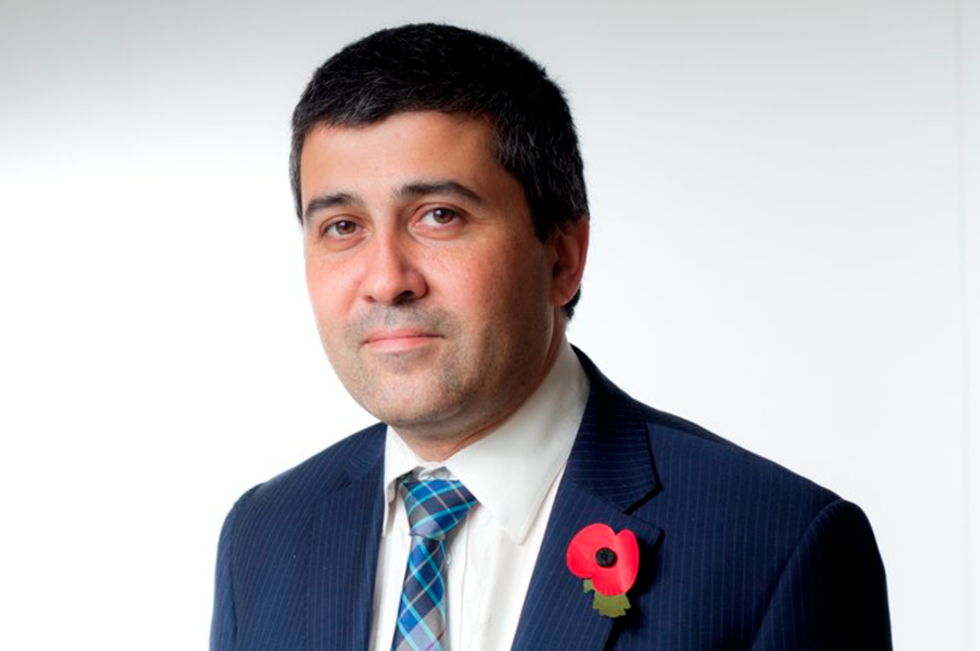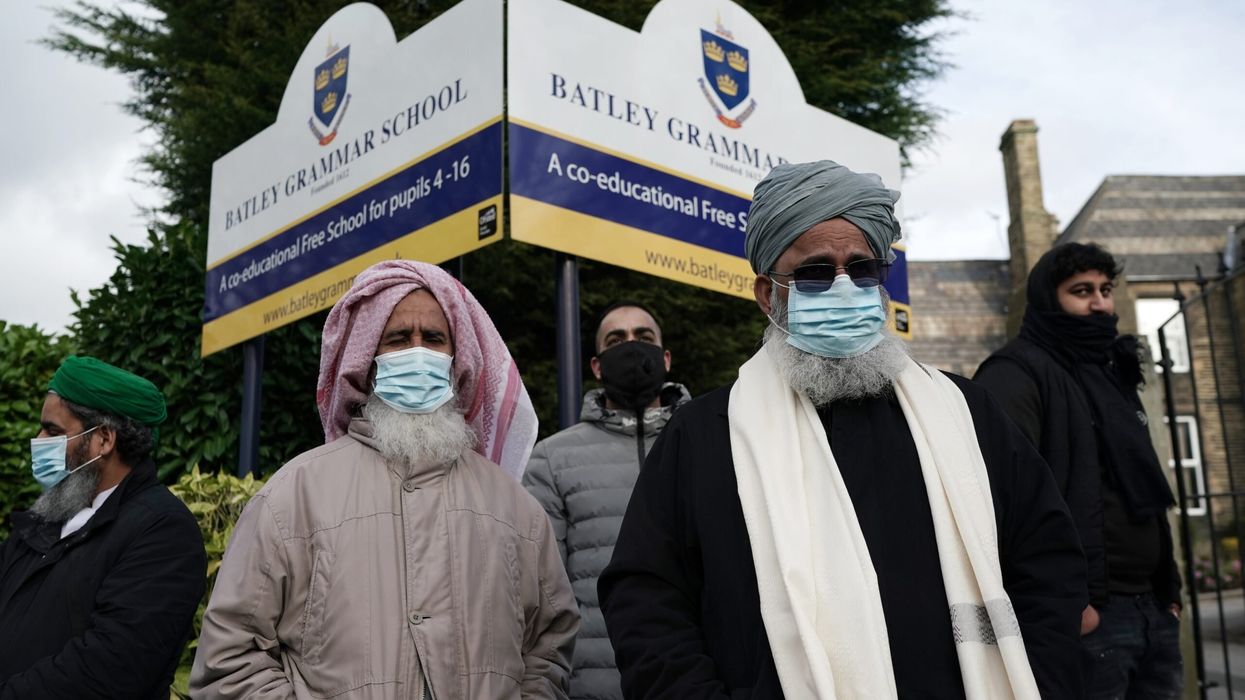IF Britain is a more anxious, fragmented and polarised society than any of us would want, how could we change that? Dame Sara Khan’s review of social cohesion finds that two decades of inquiries have produced only “intermittent” government responses, with flurries of activity in response to crises, but a “continuing failure to institutionalise social cohesion” as a result of not putting the strategic foundations in place.
The review strongly criticises multiple failures to adequately support the Batley Grammar School teacher who went into hiding in March 2021, among a number of case studies. False claims about grooming gangs in Barrow led to violence and far right exploitation of community tensions.
Minimal communication from the Home Office in housing asylum seekers hampered the work of local authorities. The recurring theme is of those at the sharp end, when local flashpoints occur, having to improvise in real time without effective support.

The report produces compelling testimony that threats and intimidation are too often under-policed, with particularly corrosive effects on those taking part in national and local politics, or working in civic society on issues of countering extremism. The review suggests existing laws on harassment would mostly be sufficient, in principle, but that more confidence, capacity and cultural knowledge among police forces is needed.
A lead officer in all 39 police forces with specialist knowledge is a practical recommendation that could help ensure serious campaigns to intimidate are better differentiated from online spats.
The review coins a novel term, “freedom-restricting harassment", but it is not clear how far adding “freedom-restricting” to “harassment” will help. Any successful attempt to police democratic norms must be clear about what must be permitted and what to exclude.
Protest is a democratic right, but must be about persuasion by argument, not intimidation and threat. Focusing on hateful conduct - the intimidating behaviour – could help with consistency, whatever the disputed issue or cause. The concept struggles once it wades into the deeply politicised arguments about free speech, discussing culture wars, self-censorship or online culture.
When the report worries about online “pile on culture” it would seem almost impossible to find a boundary that would avoid curbing intense, fast-moving political debate – an exercise in democratic speech and counter-speech – except by capturing specific users who cross the line into intimidation or abuse.
These challenges of subjective boundaries may be one reason why the attempt to quantify the phenomenon using a snapshot opinion poll produces eye-catching, but implausible results. Asked about this unfamiliar concept of “freedom-restricting harassment,” respondents recognise it would be something to worry about. A quarter of the population reported experiencing it in “life-changing form” – suggesting an excessively loose sense of what this is about.
It would be a major concern for public policy if several dozen people had a similar experience as the Batley teacher; a poll finding that 3.5 per cent of the population have moved house because of freedom-restricting harassment is entirely implausible. Respondents have probably conflated it with many other things, from to anti-social behaviour to noisy neighbours.
Government policy struggles with this conflict too. Ministers want to stand up for free speech against cancel culture, while showing zero tolerance for hatred and extremism. There has been less attention to the difficult challenges where those boundaries may collide.
For example, the recent proposed redefinition of extremism would not proscribe extreme groups, nor have any impact on the criminal law. Rather, the government is proposing to ‘no platform’ lawful but harmful speech on the grounds that it is corrosive of core democratic values.
Asking institutions like universities to adopt definitions to curb antisemitism and refuse to countenance holocaust denial is a legitimate exercise in cancel culture too. The Khan Review wants stronger pushback against conspiracy theories: but however stupid or corrosive, these are invariably lawful speech, unless they meet the high bar to stir up hatred or are directly defamatory.
Khan proposes that a new independent office of social cohesion and democratic resilience could seek to fill some of the foundational gaps for a sustained cohesion strategy. The value of the Khan Review’s contribution is to identify the role that government itself can play in putting a strategic framework in place – with greater clarity about what matters, how to measure it and particularly to develop the patchy evidence base about which interventions make a useful difference.

The review’s recommendations are focused on changes to the machinery of government, rather than on the underlying social causes of cohesion or its absence.
The challenge of how we live together in a diverse democracy and manage differences peacefully for the common good is partly about public trust in the state and civic institutions, but it is more foundationally about our relationships with each other. Strengthening social cohesion could never be the work of government alone – but a stronger framework for what public policy can contribute could be one key to helping unlock the broader civic response that we need too.
(The author is the director of British Future)




